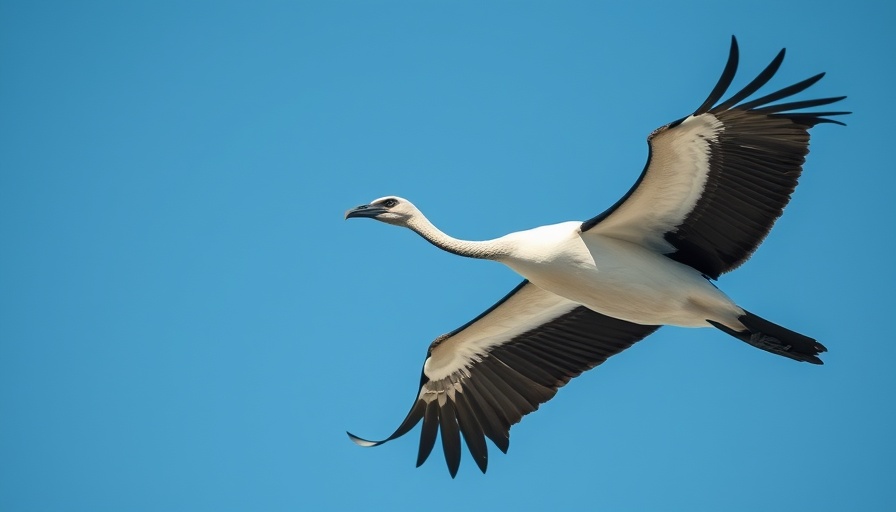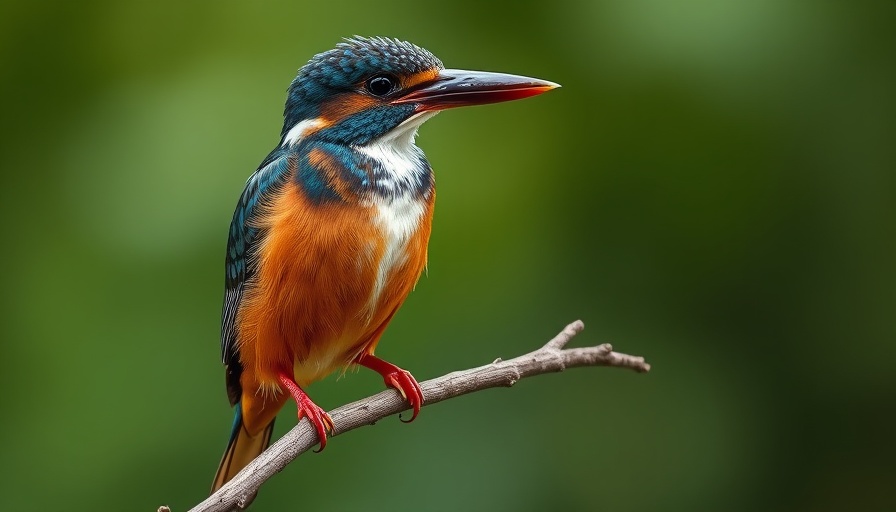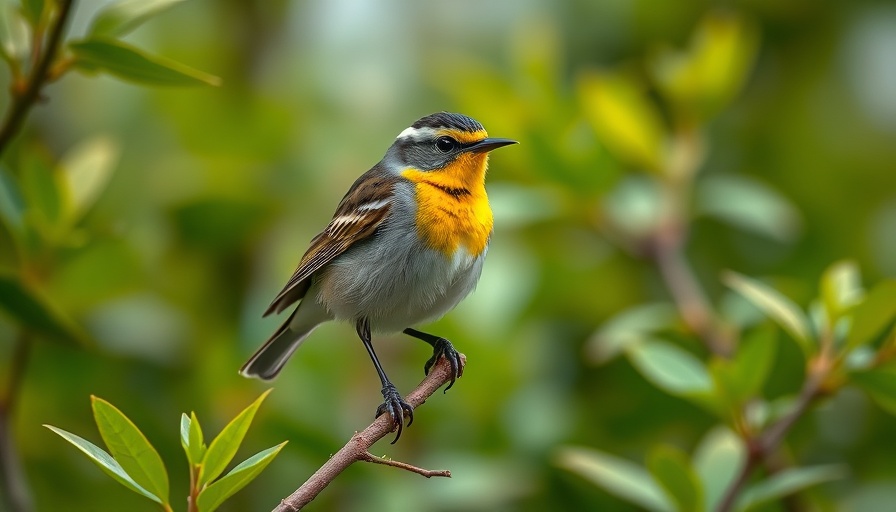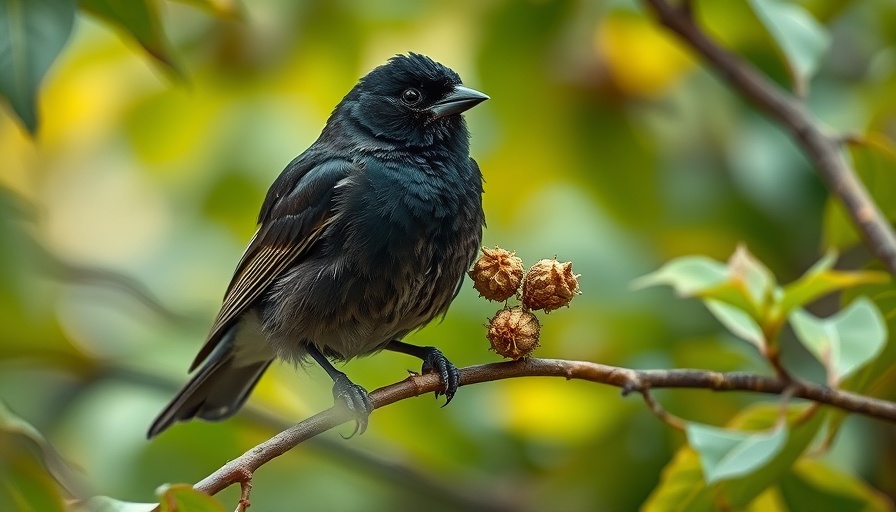
Unlocking the Mysteries of Birds Sleeping in Flight
For years, bird enthusiasts have been fascinated by the flight patterns of swifts and frigatebirds, some of which can remain airborne for months at a time. Yet, a puzzling question lingered: do these birds actually sleep while soaring high in the sky? Recent research has shed light on this intriguing behavior, revealing that birds, indeed, take flight during their sleep.
Scientific Breakthrough: The 2016 Study
A pivotal study conducted in 2016 equipped frigatebirds with tiny devices that monitored their brain activity and head movements, providing insight into their sleeping habits. The findings were nothing short of astonishing: these birds do sleep while in flight, often resting one half of their brain at a time. Remarkably, they also experience whole-brain sleep and even REM sleep, but only in short bursts lasting just a few seconds. This phenomenon manifests as an 'inflight power-nap,' where the bird's head dips but flight is maintained.
The Sleep Cycle of Frigatebirds
Despite their ability to sleep in the air, frigatebirds average only 42 minutes of sleep per day while cruising through the skies. In stark contrast, when grounded, they indulge in a much more substantial sleep, clocking in around 12 hours a day. This inconsistency raises further questions for scientists: how do these remarkable birds sustain their energy and health during extended flights with such minimal sleep? This enigma adds a layer of depth to our understanding of avian physiology.
Implications of This Research
Understanding how birds manage to sleep in flight contributes significantly to the fields of ornithology and animal behavior studies. It prompts further investigations into the sleep patterns of other migratory birds, potentially unlocking secrets of neurological adaptations in flight. These insights not only enhance our knowledge of avian biology but also inspire conservation efforts that consider the health and behavior of these extraordinary animals.
Conclusion: Continuing the Exploration
The ability of birds to adapt their sleep cycles to their environments is a testament to their evolutionary ingenuity. As scientists delve deeper into this subject, every new discovery brings us closer to fully grasping the complexities of avian life. So, whether a seasoned birdwatcher or a curious nature lover, keeping an eye on these remarkable creatures will continue to yield fascinating insights.
 Add Row
Add Row  Add
Add 




Write A Comment